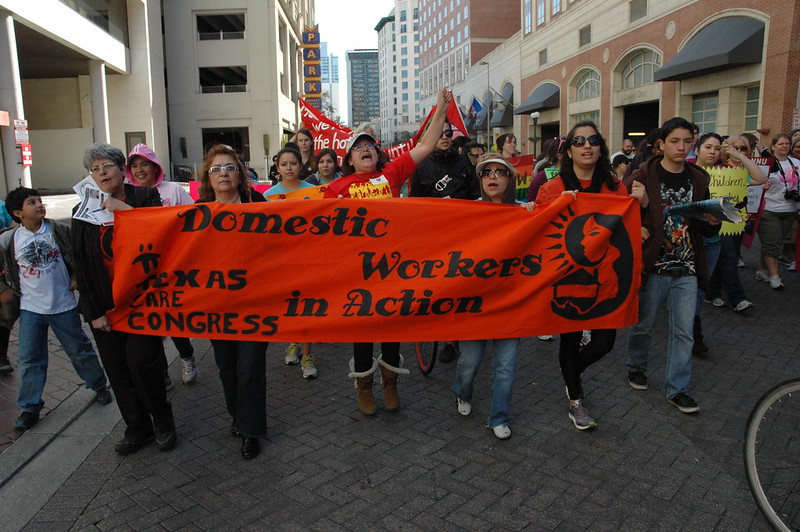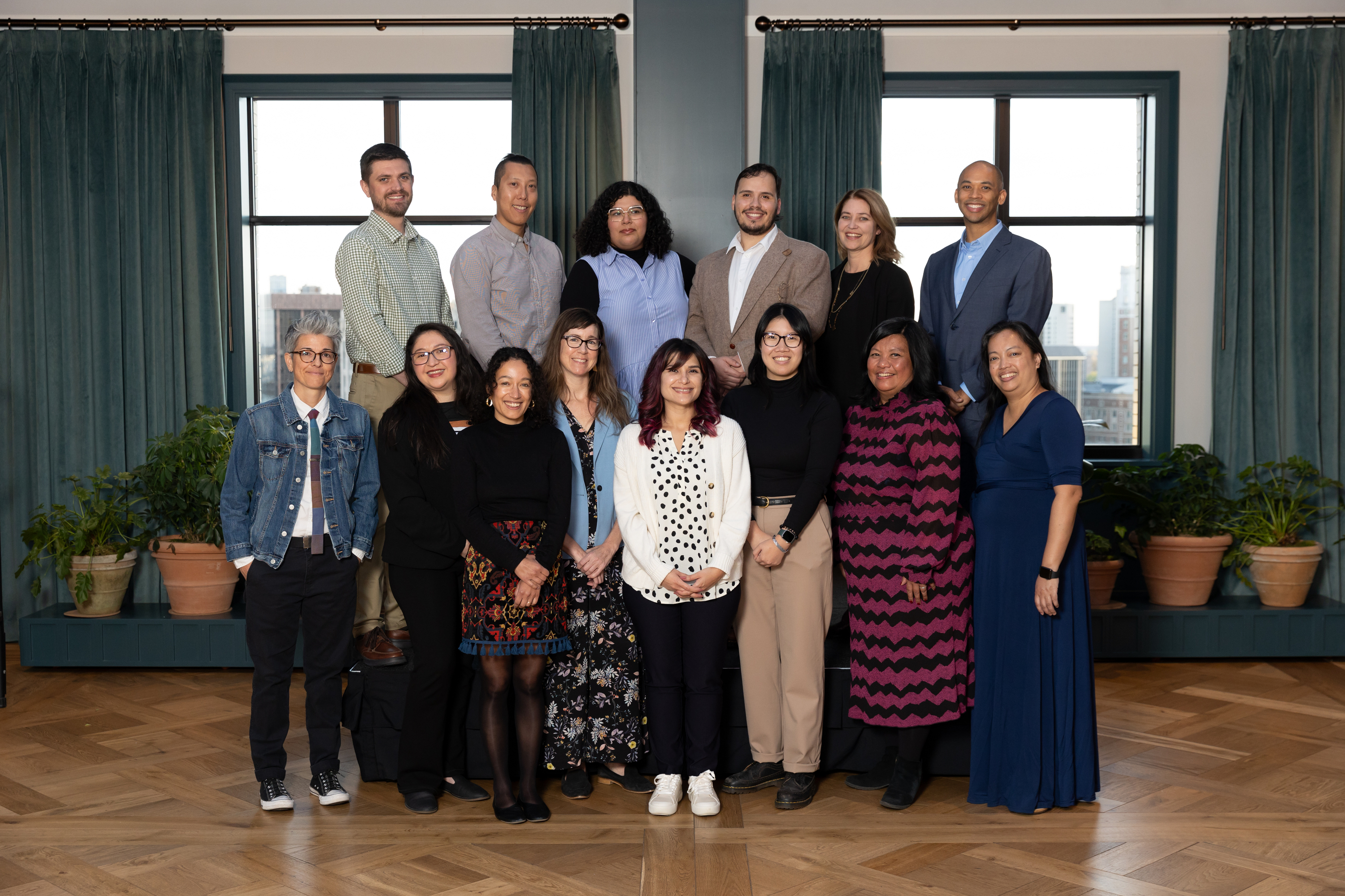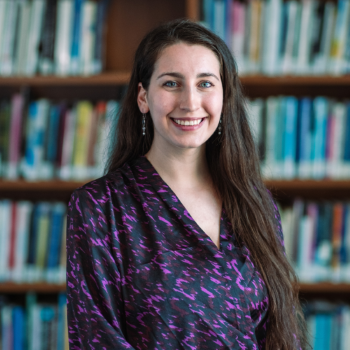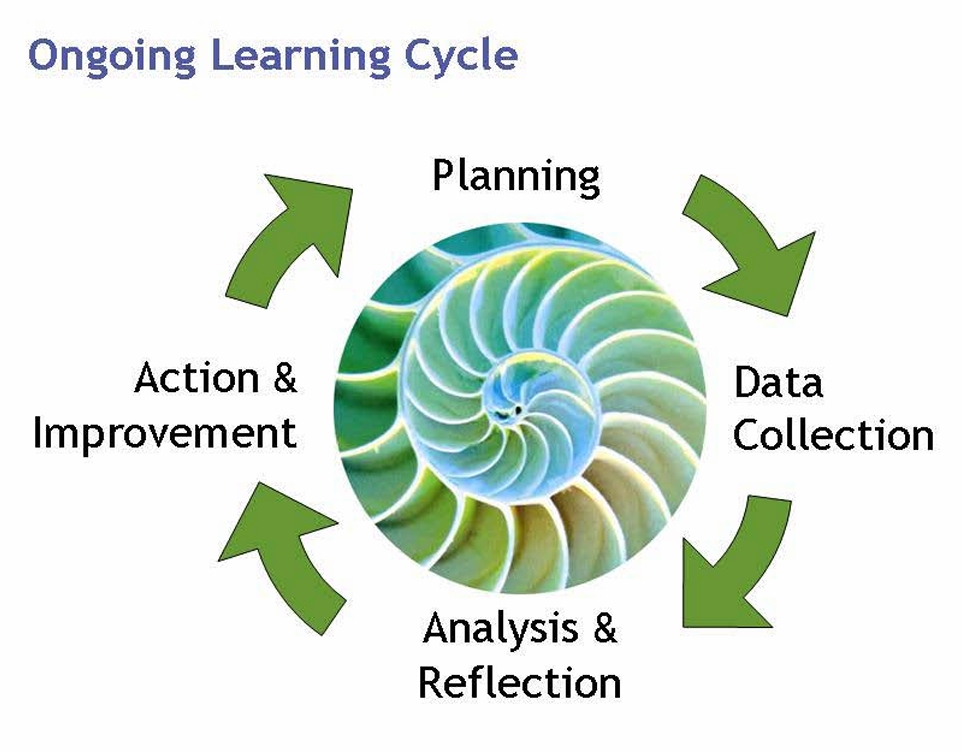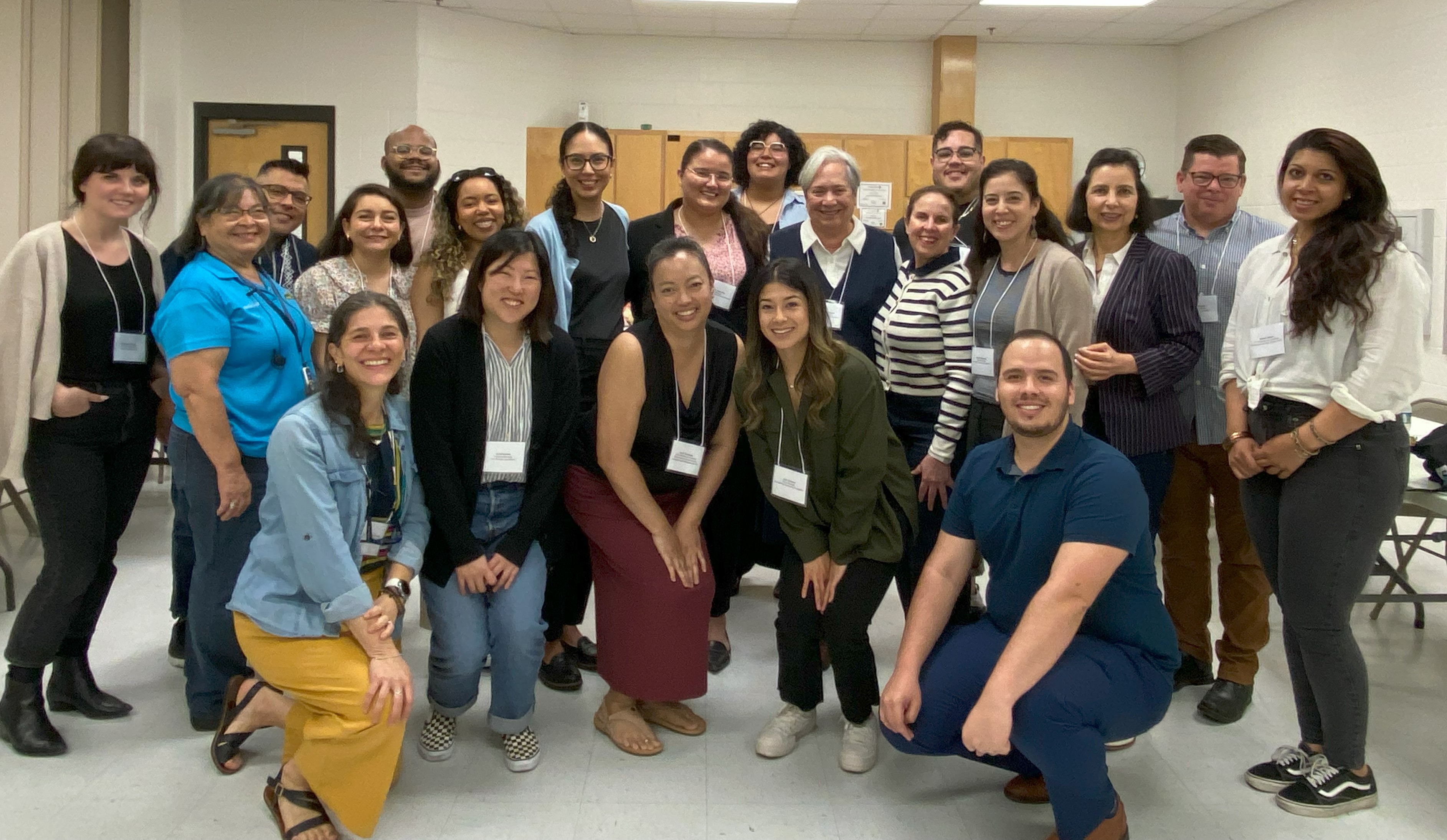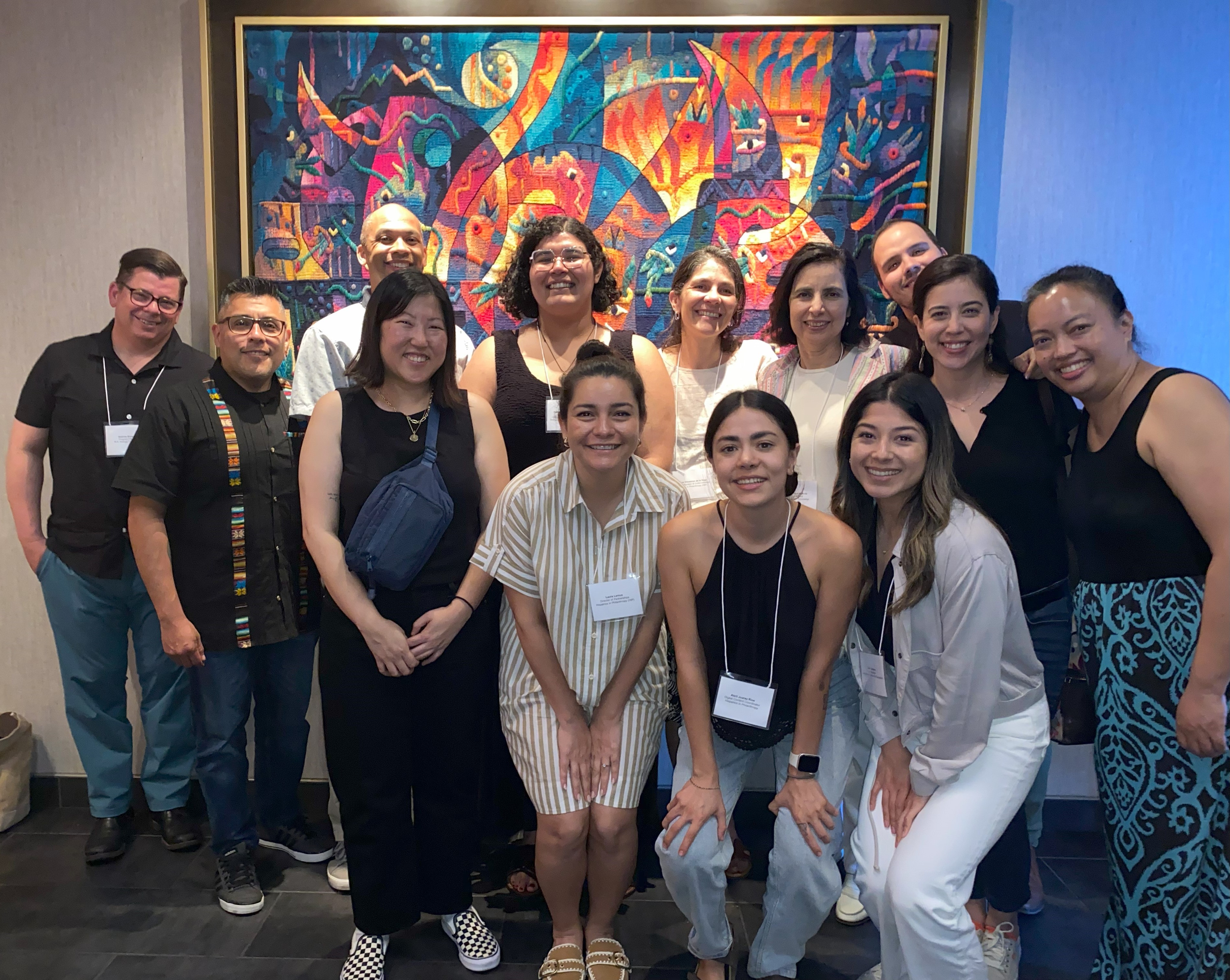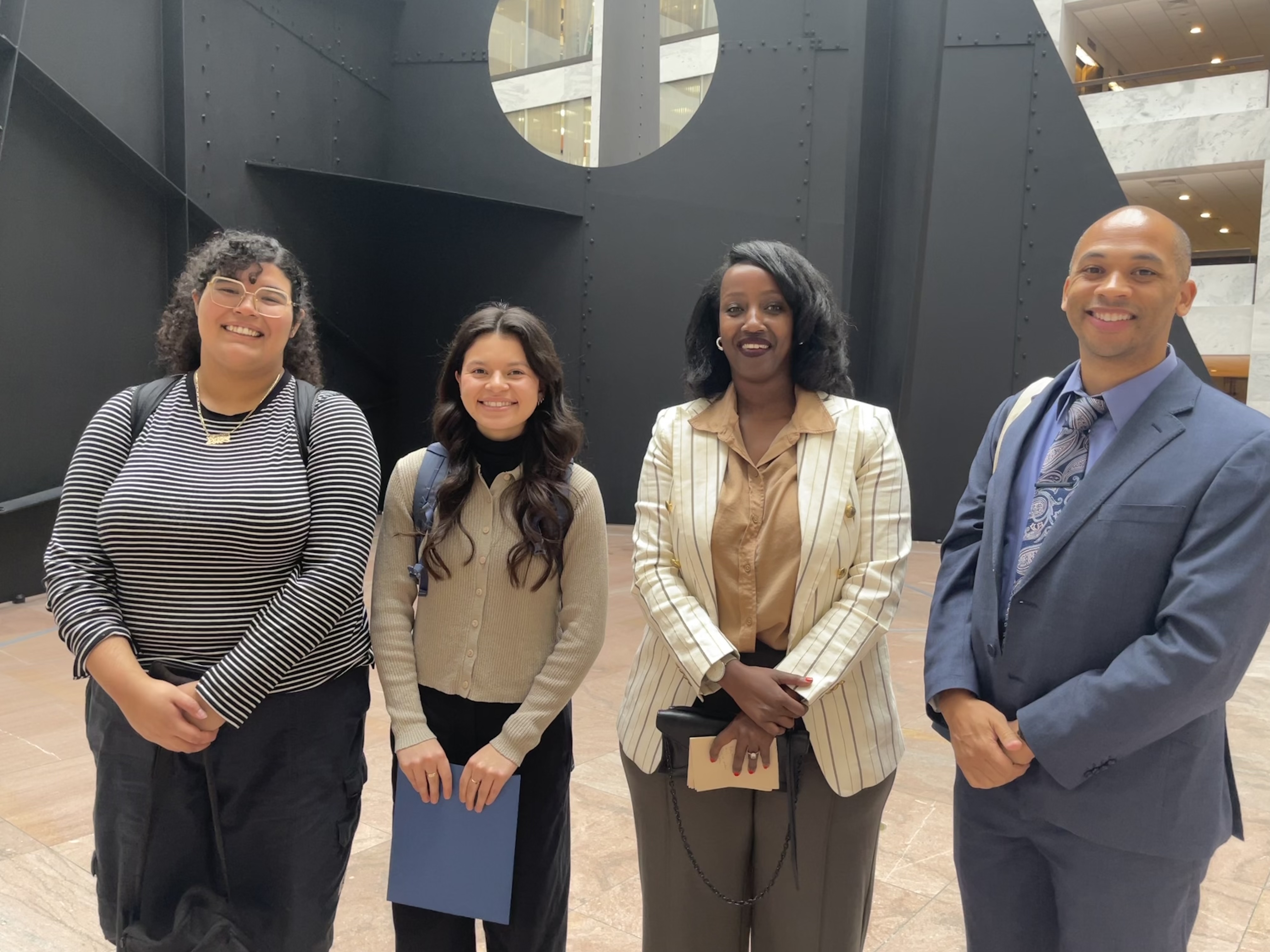GCIR’s recent webinar "Building Worker Power for Migrant Women" did something important beyond providing valuable content and timely insights: it gave us hope. The program,” showcased the miracle-making work being done in Arkansas, California, New Jersey, and New York to safeguard the rights of migrant women workers in the agriculture and poultry industries, and in the domestic work sector. In last month’s webinar, which was moderated by Carmen Randolph at Women’s Foundation of the South, we heard from local organizers at the California Rural Legal Assistance, Inc.’s (CRLA) LGBTQ+ Program; Damayan, a group that serves and empowers low-wage Filipino workers living and working in New York City and New Jersey; and Venceremos, a worker-based organization in Arkansas whose mission is to ensure the human rights of poultry workers.
News
Primary tabs
2024 was a challenging year in the fight for immigrant and refugee justice. GCIR, movement leaders, and our partners in philanthropy have been preparing for an incoming presidential administration that poses an unprecedented threat to our immigrant communities. In the face of these challenges, GCIR doubled-down this year on developing programming, resources, and partnerships that reflect our dedication to moving money and power to migrant communities and resourcing a robust migrant justice infrastructure.
My name is Brittany Shaheen (she/her/hers), and I have served at the Center for Arab American Philanthropy (CAAP) since February of 2021, beginning as a Program Generalist and working my way to my current position as a Program Officer. CAAP, a national institution of ACCESS and the only Arab American Community Foundation in the country, empowers the Arab American community by strengthening strategic giving in the community while shaping perceptions, highlighting heritage, and demonstrating collective impact. When I heard about the GCIR 2024 conference, I immediately knew I wanted to attend. I was honored to be the recipient of the Emerging Leader Scholarship, and I learned so much as a result.
Written By: Sophy Yem, Senior Program Officer, Philanthropy, Surdna Foundation...
Drawing on reflections from a recent GCIR webinar about the value of learning in grantmakin, GCIR's Programs Learning Manager Anduriña Espinoza-Wasil explains that learning for evaluation purposes is not a one-time event at the end of a grant period, but a powerful process that is ongoing. There is an important relationship between learning and strategy, the ways learning processes can hold us accountable to the communities we serve, and how funders can start learning now.
The U.S. has a long history of exploitative labor practices that target the most vulnerable in our society — including children. And now we’re seeing a troubling new trend. Over the last two years alone, more than a dozen states have either introduced or enacted policies to undo child labor protections. The latest example comes out of Florida, where a pair of newly-enacted laws go beyond loosening labor protections for teenagers — they also perpetuate systems designed to exploit vulnerable populations for cheap labor, driven by greed and racial capitalism.
Visibilize, mobilize, and amplify: These three goals represented the driving force behind a recent learning trip to the U.S.-Mexico border, organized for 15 funders by Hispanics in Philanthropy (HIP) and Grantmakers Concerned with Imigrants and Refugees (GCIR). This delgation traveled to McAllen, Texas, and Reynosa, Mexico in early May to connect with nonprofits providing critical services. Humanitarian relief, legal services, power-building, and advocacy are just some examples of the vital work groups are leading in border communities.
The learning trip left a lasting impact on Lincoln Mondy, a Program Officer at the Andrus Family Fund. He joined Ivy O. Suriyopas, GCIR's Vice President of Programs, and Andrea Villaseñor de la Vega, Director of the Migration and Climate Mobility program at HIP, to share his personal reflections and experiences.
"I don't have 5-year goals, I have 500-year goals of liberation," declared Rubén Garza of Voces Unidas. He didn't hold back in a room full of funders and community leaders from the Rio Grande Valley.
Rubén set the tone for 15 funders who traveled from across the United States and Mexico to join a learning trip to the Rio Grande Valley (RGV) and Reynosa, Mexico. Hosted by Grantmakers Concerned with Immigrants and Refugees (GCIR) and Hispanics in Philanthropy, the experience aimed to amplify the voices of border communities, demonstrate the impacts of unjust immigration policies, and mobilize resources for migrant-serving groups.
For the second year in a row, Grantmakers Concerned with Immigrants and Refugees led a delegation to the nation’s capital to meet directly with policy-makers and discuss the most pressing immigration issues of our time.
This past year, GCIR embarked upon an exciting new initiative and formed an internal working group to engage in intersectional and cross-movement analyses and develop an organization-wide action plan to ensure equitable and inclusive policies and practices in GCIR’s internal and external work.
